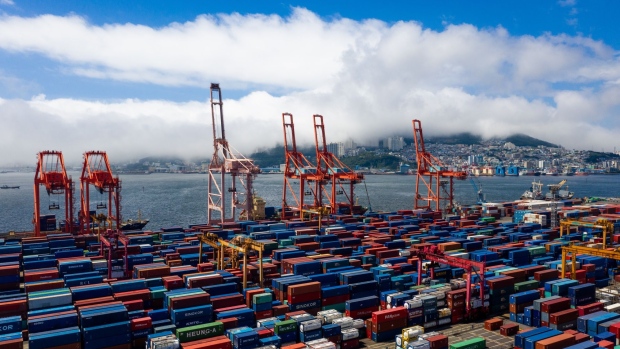South Korea downgrades trade ties with Japan

Trade Minister Sung Yun-mo said Japan will be downgraded from most trusted status to a new category, citing Tokyo’s violations of “the basic principles of the international export control regime.”The downgrade means South Korean companies exporting to Japan will have to complete more documents, allow more time for approvals and get used to shorter lifespans for permits. South Korean officials did not mention specific materials or items that will be affected. South Korea is open to discussions with Japan if the Japanese government requests them, Sung said.The minister said the decision was made based on discussions that took place last week, and “is not a corresponding measure to a recent regulation announced by the Japanese government.”He was referring to Japan dropping South Korea as a preferred trading partner earlier this month. Tokyo said then it wanted to ensure South Korea received the same treatment as other Asian countries and territories.The standoff between the two nations started last month when Tokyo placed controls on exports of three chemical materials to South Korea. The materials, which are used to make computer chips, are vital to Samsung and other South Korean companies that make semiconductors. The curbs require Japanese companies to apply for licenses for each of the products, a process that can take up to 90 days. Last week, Japan approved the first exports of one of the chemical materials to South Korea, but warned it could expand restrictions on dealings with its neighbor. South Korea is Japan’s third-largest trading partner, buying about $54 billion worth of Japanese goods, including industrial machines, chemicals and cars, according to a trade data tracking tool affiliated with the Massachusetts Institute of Technology. Tension between the two countries has been rising for months, stemming in part from Japan’s colonial rule over the Korean peninsula in the early 20th century. South Korea’s top court recently ruled that its citizens can sue Japanese companies for using forced Korean labor during World War II. Japan has denied that the two issues are linked.”As a victim of great suffering from Japanese imperialism in the past, we, for our part, cannot help but take Japan’s ongoing economic retaliation very seriously,” South Korean President Moon Jae-in said Monday, according to the transcript of remarks released by his office. “It is even more so because this economic retaliation is in itself unjustifiable and also has its roots in historical issues … While maintaining unwavering resolve and calmness, we need a long-term approach to look for the fundamental countermeasures,” he added.







